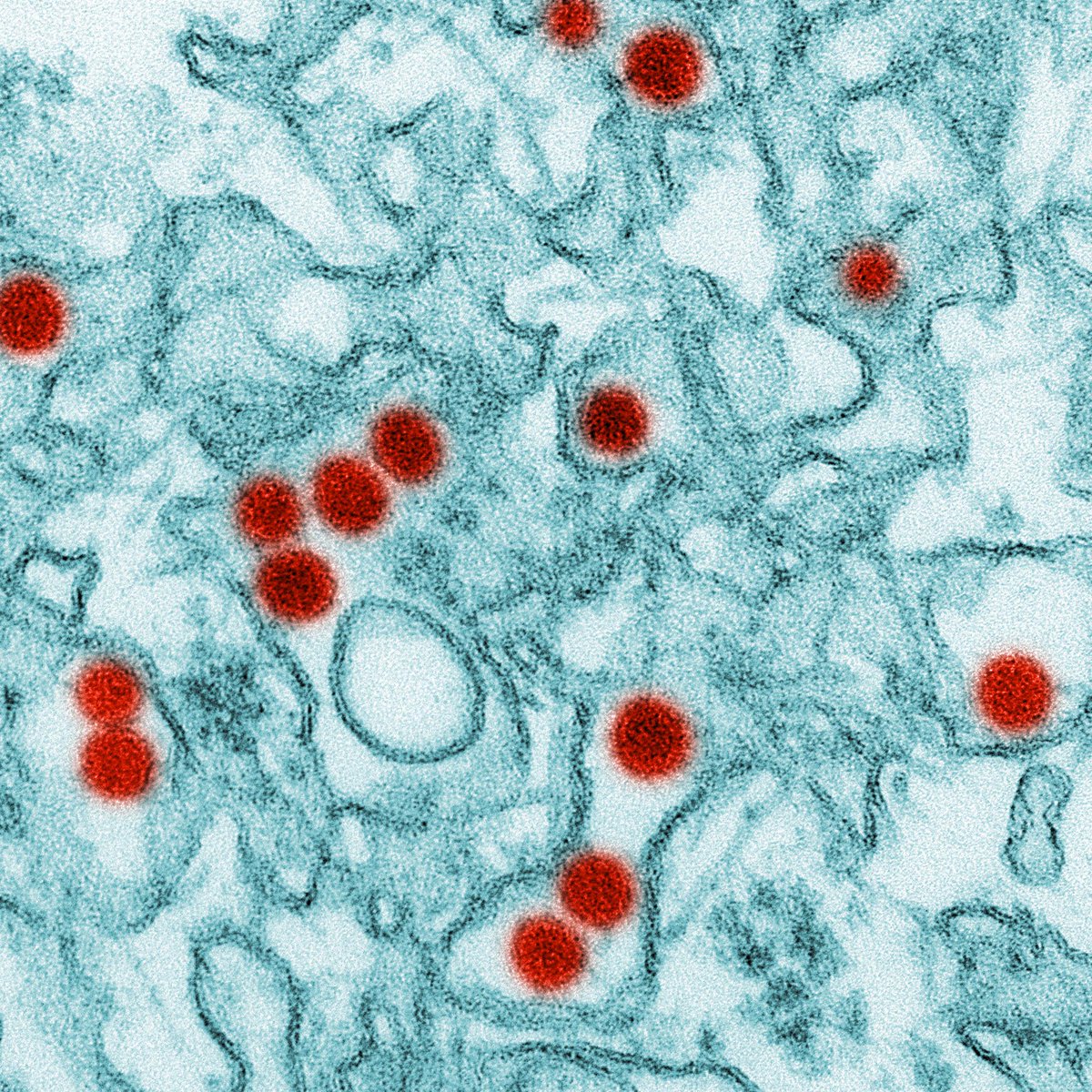 |
| Courtesy of chatchai_stocker at FreeDigitalPhotos.net |
The more researchers learn about the Zika virus, the scarier it appears, In USA federal health officials say, as they urge more money for mosquito control and development of vaccines and treatments. Scientists increasingly believe the Zika virus sweeping through Latin America and the Caribbean causes devastating defects in fetal brains if women become infected during pregnancy
- Researchers also have linked Zika to stillbirths, miscarriages, eye problems and other complications, with problems not only in the first trimester but throughout pregnancy.
- Brazilian researchers reported on April 10 2016 that Zika preferentially targets developing brain cells. They used stem cells to study embryonic brain development in lab dish, and reported in the journal Science that virus taken from a Brazilian patient destroyed the growing neural cells in a few days.
- There’s also evidence that some adults occasionally may suffer serious effects from Zika. Researchers already were studying whether Guillain-Barre syndrome, a nerve condition that can cause paralysis, is linked to Zika. And Sunday, another Brazilian research team reported two Zika patients who suffered yet another problem, a brain inflammation that damages the coating of nerve cells in a way similar to multiple sclerosis.
- The CDC has warned women who are pregnant or attempting to conceive
to avoid travel to Zika-affected areas. Because Zika sometimes spreads
through sexual intercourse, the CDC also says men who’ve travelled to
Zika-affected areas either should use condoms with their pregnant
partners or avoid sex until the baby’s born.
More than 300 travel-associated cases of Zika have been reported in the U.S. so far( April 14 2016), and the CDC also wants travelers to take extra steps to avoid being bitten by mosquitoes when they come home — so local insects won’t pick up the virus and spread it. While CDC does expect some clusters of homegrown Zika to occur, it is working with state and local governments to boost mosquito control.
